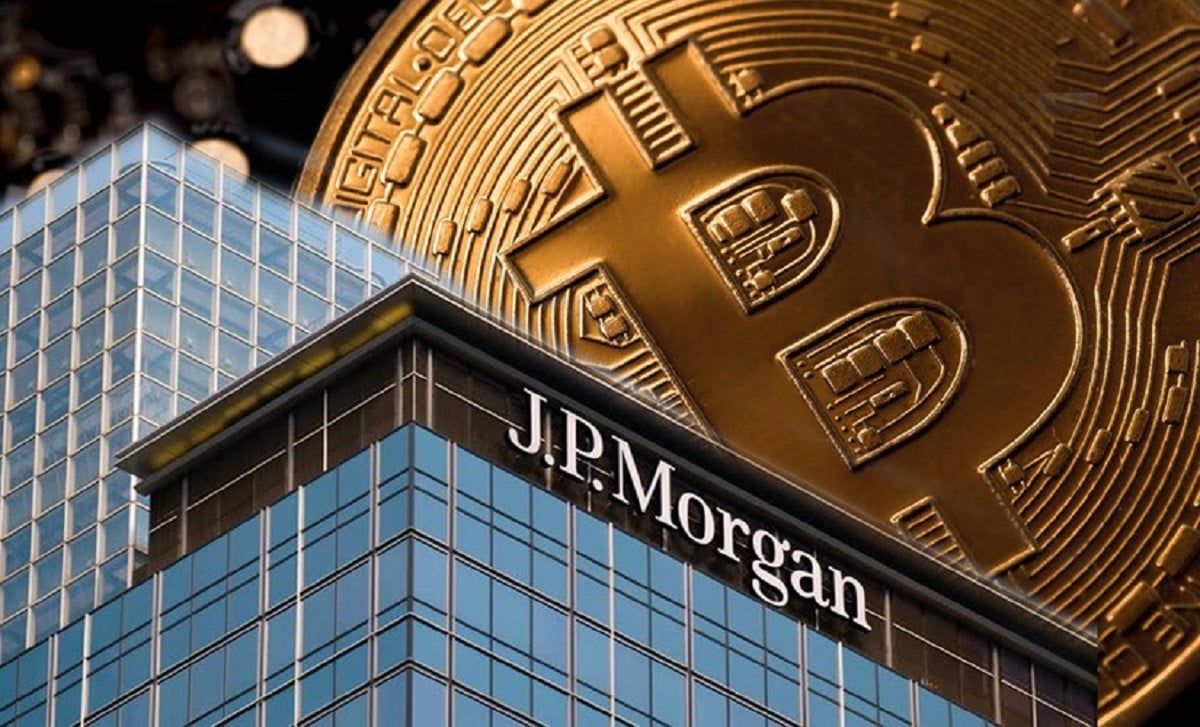According to a research report published today by JPMorgan (JPM), the current hashrate and power consumption of the Bitcoin (BTC) network indicate that the estimated mining cost is approximately $45,000, a significant decrease from the previous cost of $50,000.
JPMorgan had previously predicted a significant drop in hashrate following the halving, as unprofitable miners would be forced to leave the network. This prediction is now coming true, albeit with a slight delay. The four-year halving, a process that slowed the growth rate of Bitcoin supply by reducing miner rewards by 50%, took place last month.
The term “hashrate” refers to the total combined computing power used to mine and process transactions on a proof-of-work blockchain. The report suggests that the delay in hashrate decline is most likely due to the launch of the Runes protocol, a next-generation form of tokenization on the BTC network, resulting in a temporary increase in transaction fees.
“The Runes protocol provided a temporary boost to miner revenue in the immediate aftermath of the Bitcoin halving,” wrote analysts led by Nikolaos Panigirtzoglou. “Bitcoin miners were able to offset the loss in new BTC issuance reward due to the halving, along with the increase in transaction fees, keeping block rewards for miners virtually unchanged,” they added.
However, support from Runes was short-lived. User activity and fees for this protocol have dropped significantly over the past week or two. The authors noted that “this heightens the ongoing challenge that Bitcoin miners face to maintain a sustainable source of income, especially in the post-halving environment.”
As market excitement for the Runes protocol faded and temporary support for miners dissipated, the network's power consumption dropped more than its hashrate. According to the bank, this indicates that unprofitable miners with inefficient machines are leaving the network.
The report also highlighted a feedback loop regarding the BTC price. “The further the Bitcoin price falls, the greater the number of unprofitable miners who come under pressure to leave the Bitcoin network, and the greater the resulting drop in hashrate and bitcoin production, i.e. mining cost,” the report said.
In the near term, JPMorgan predicts a limited upside for BTC due to several previously identified hurdles, including a lack of positive catalysts and the disappearance of retail investor buying appetite.
*This is not investment advice.










